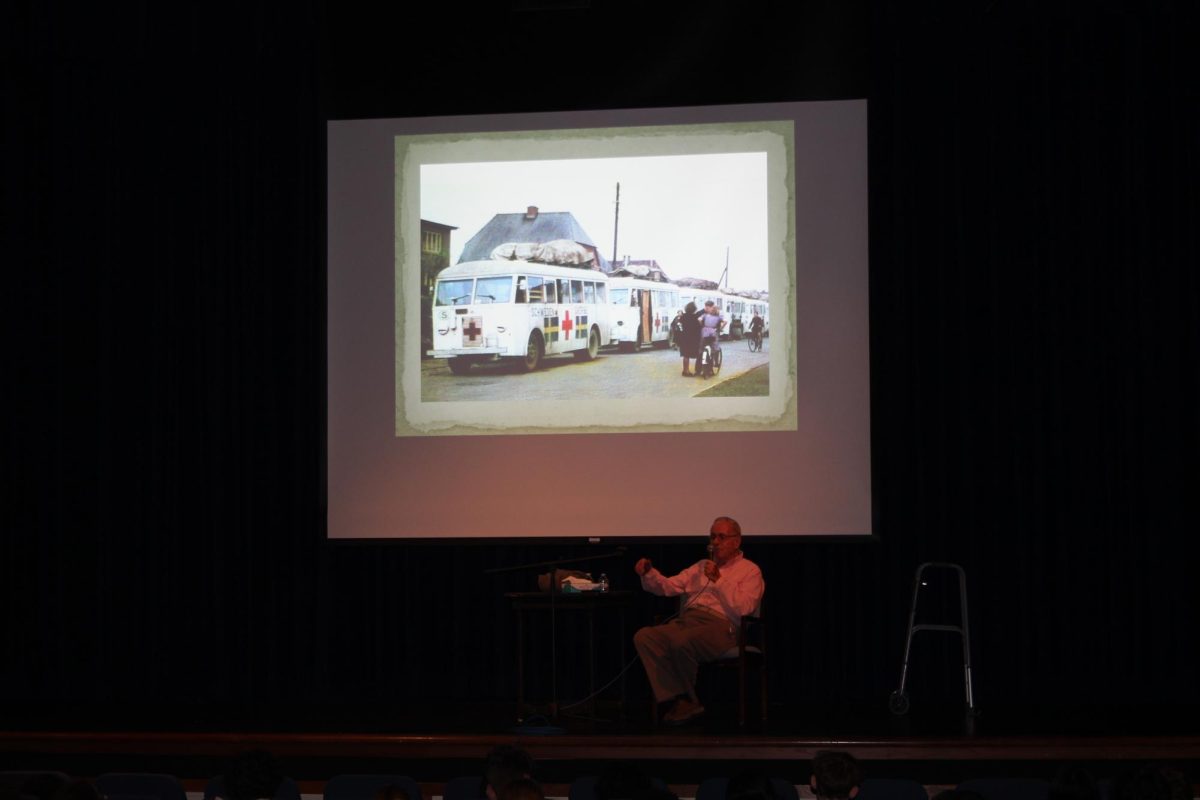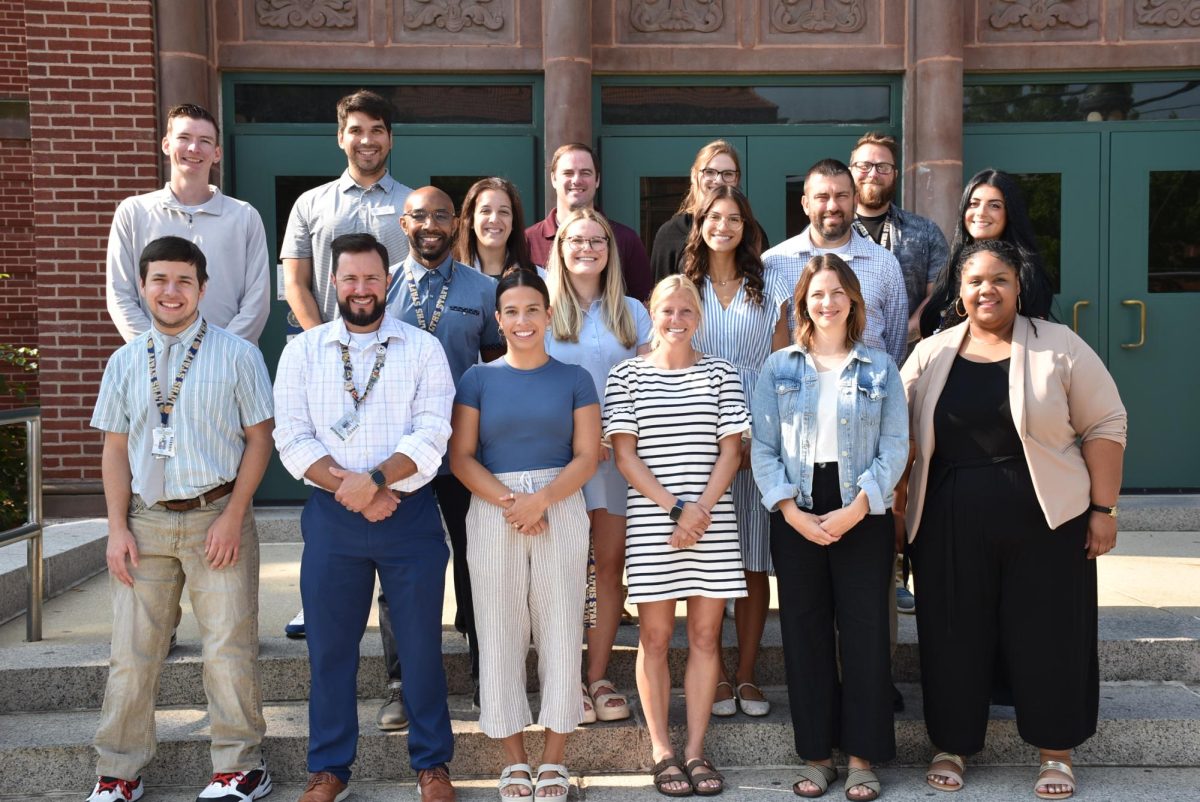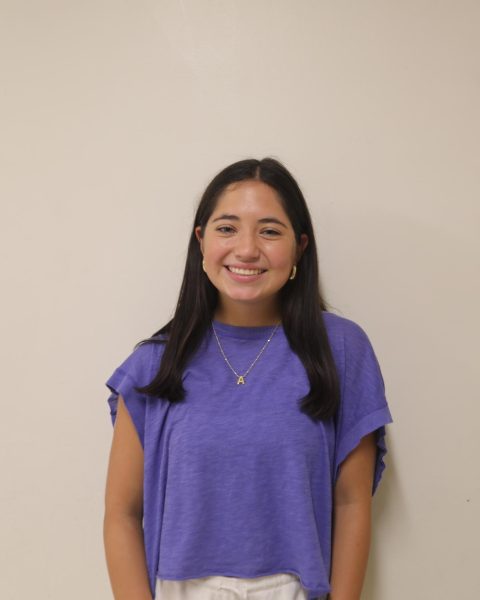The SC World History curriculum covers many topics, specifically major historical genocides, and in 2022, when world history teacher Christina George read a Chicago Tribune article about 90-year-old Holocaust Survivor Steen Metz, out of Barrington, Ill., the opportunity to have him present his story to students arose.
“It’s always important to learn about history and listen to the stories of others,” George said. “Especially people who have experiences and backgrounds different from our It’s an opportunity to feel empathy for what others have experienced, and in the current climate, I think this is more important than ever.”
On April 24, Metz spoke to sixth and seventh period classes in the SC PAC and annoucned to the audience that it was Holocaust Rememberance Day, a global holiday to ensure society never forgets the Nazi caused genocide. Following this, Metz told the classes about a question he was asked during one of his presentations: “Do you feel lucky or do you feel guilty to be alive?” His response:
“Maybe I should have felt guilty, but I feel very, very lucky,” Metz said. “I was in a camp with 15,000 children, and less than 10% survived, and I was one of them. In many ways, I feel that I represent the 6 million Jewish people who lost their lives; they cannot be here to talk about their experiences, but fortunately, I am able to do so. In today’s world, it is more important than ever that we always remember the Holocaust.”
When he was only 8 years old, the Nazis came banging on his door in Odense, Denmark, Metz said. His family had lived in an apartment, and on Oct. 2, 1943, the start of the Jewish New Year, Rosh Hashanah, he was stripped from his home and placed into a cattle car for three days and three nights as they traveled to the Theresienstadt Concentration Camp, in what is now known as Czech Republic, where he and his mother spent 18 month
“Everyone had to partake in slave labor,” he said. “My father was assigned to heavy road work with no choice. He was outside, it was cold and the beginning of winter, and there were Nazi soldiers all around him. On top of that, my mother and I later talked to a man who worked in the same group as him; he told us how my father was kicked and whipped. He lost about 50% of his body weight and was eventually transferred to an infirmary, and at the young age of 40, my father passed away. There was no question, he died of starvation.”
Metz continued to share his story by speaking about his liberation by the Swedish Red Cross when they arrived in the “white buses” and explained how, upon his and his mother’s return to their apartment, they found nothing; all their belongings had been stripped from their apartment. He later attended a business college in Copenhagen, and started his career in the Danish food industry. Metz ended his presentation with a Q&A section where numerous students asked meaningful question
“You hear about this stuff in movies and books,” World History student Benjamin Sosne ‘28 said. “Witnessing someone who went through it and saw what happened, and getting to hear his real experiences, is what really hit me hard.”
When asked about what he would tell someone with Anti-Semetic beliefs, Sosne said, “there is so much proof that the Hitler regime was real, and the Nazi’s were real, and that the Holocaust was real, with all the museums and survivors is a perfect representation of how it was real.”
At the end of his presentation, Metz shared that he had never really shared or talked about his experience with his mother, who also survived, but rather with his wife, Eileen Metz. Metz shared that what keeps him motivated is his wife, two daughters, and four grandchildren.
“We’re the last generation that can experience real-life speakers to speak about these things,” World History student Brooklyn Boyce ‘28 said. “People who are uneducated about the Holocaust can understand from real people who have actually gone through it, instead of online, which could be false.”
After the presentation, he sat down for an interview with LION, where he was asked if he had any comments about the current conflict between Israel and Hamas. Metz had no comment. However, when asked about the fact that history repeats itself, Metz replied, “We haven’t learned from the past,” he said. “At the Holocaust Museum in Skokie, where I am a part of the speakers bureau, they have a saying: ‘Remember the past, transform the future,’ and I don’t know if anybody could say it any better. I think we are remembering the past, but unfortunately, we have not transformed the future.”
When held in the Theresienstadt Concentration Camp, the official language was German, and Metz didn’t speak any German, nor did the majority of the prisoner Children under a certain age were not required to take on any job However, Metz picked up volunteer work as a messenger and shared a story about one day. On his walk to his barrack, he saw a sack of potatoes lying around and pocketed a couple for him and his mother to share later in the evening, since food rations were so poor.
“Not giving up hope is difficult, especially when you live for 18 months and you could die any day, be shot any day,” Metz said. “It is very, very difficult, and the worst part, in addition to losing my father, was the uncertainty.”
And when asked what he would say to a person with anti-semetic beliefs, Metz responded, “It’s a terrible world we live in today. I think there is too much hate, and I think the only way that we can spread the word to as many people as possible is through education.”

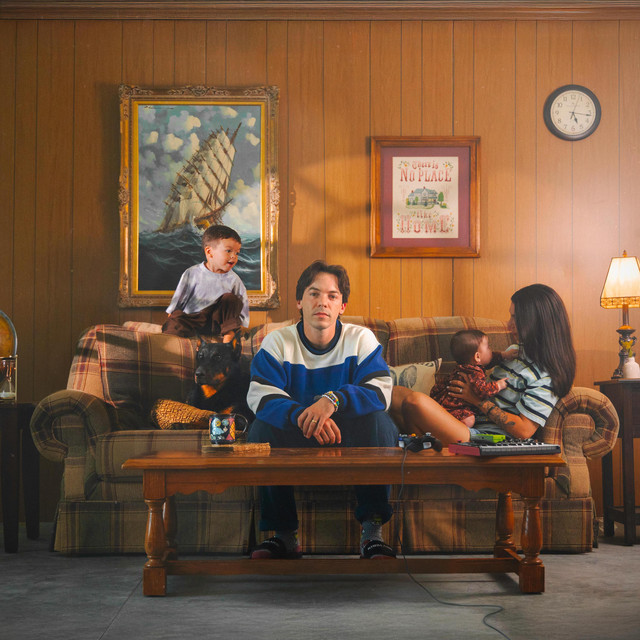
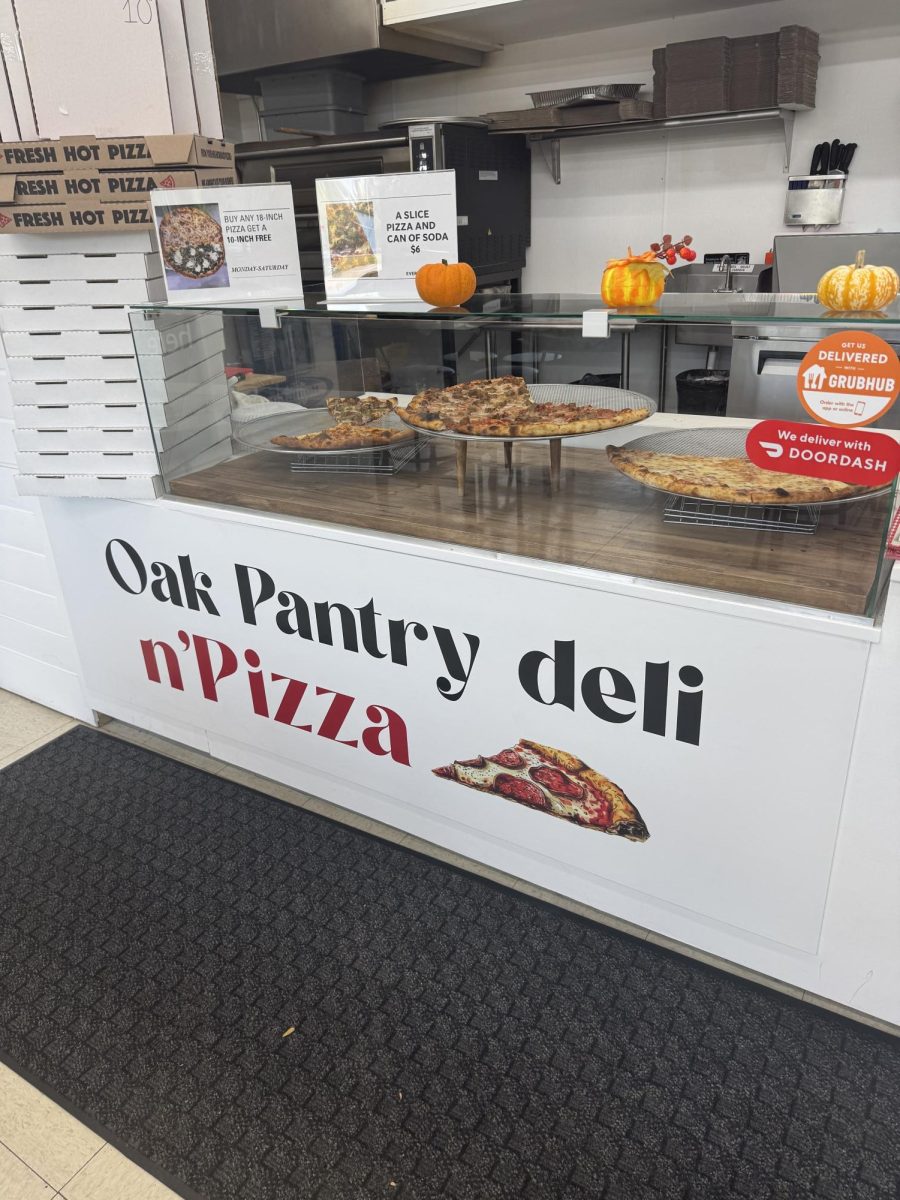
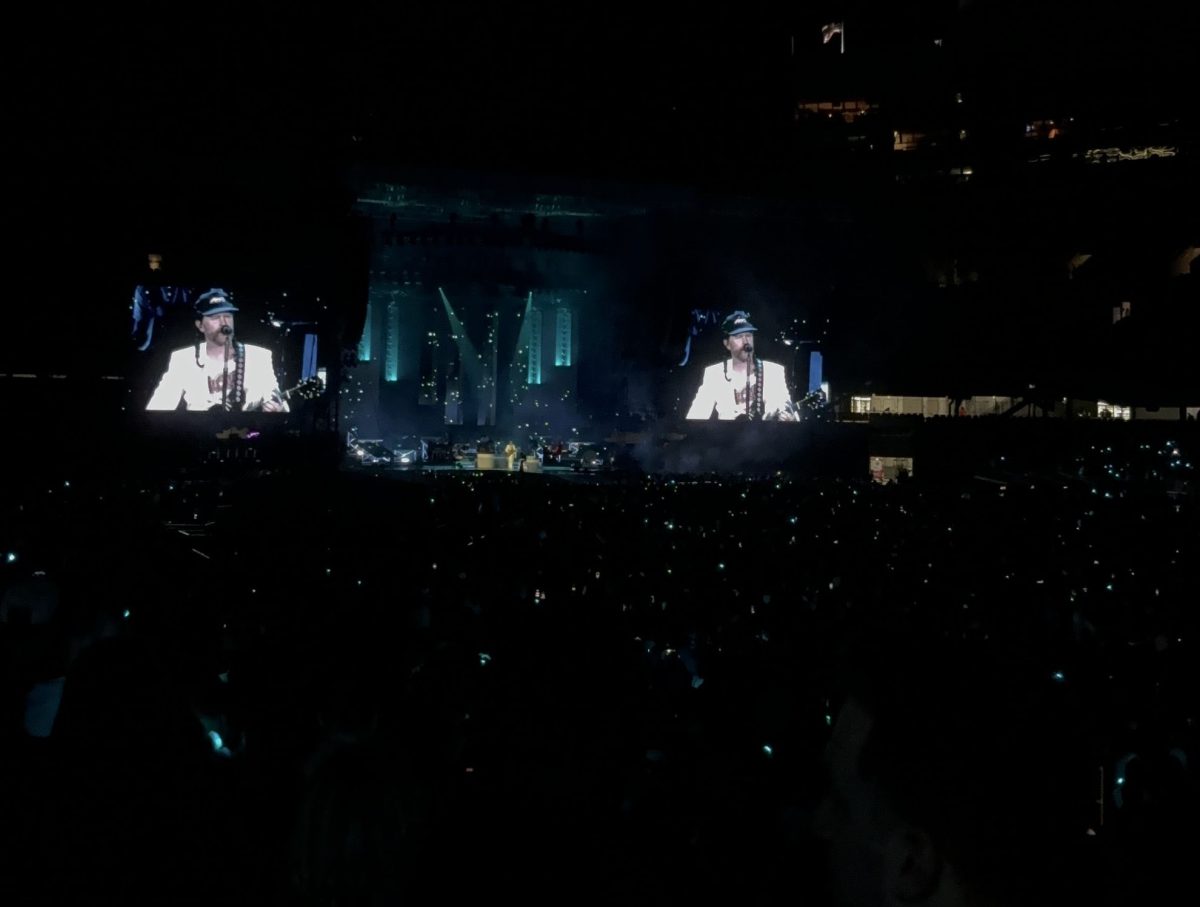

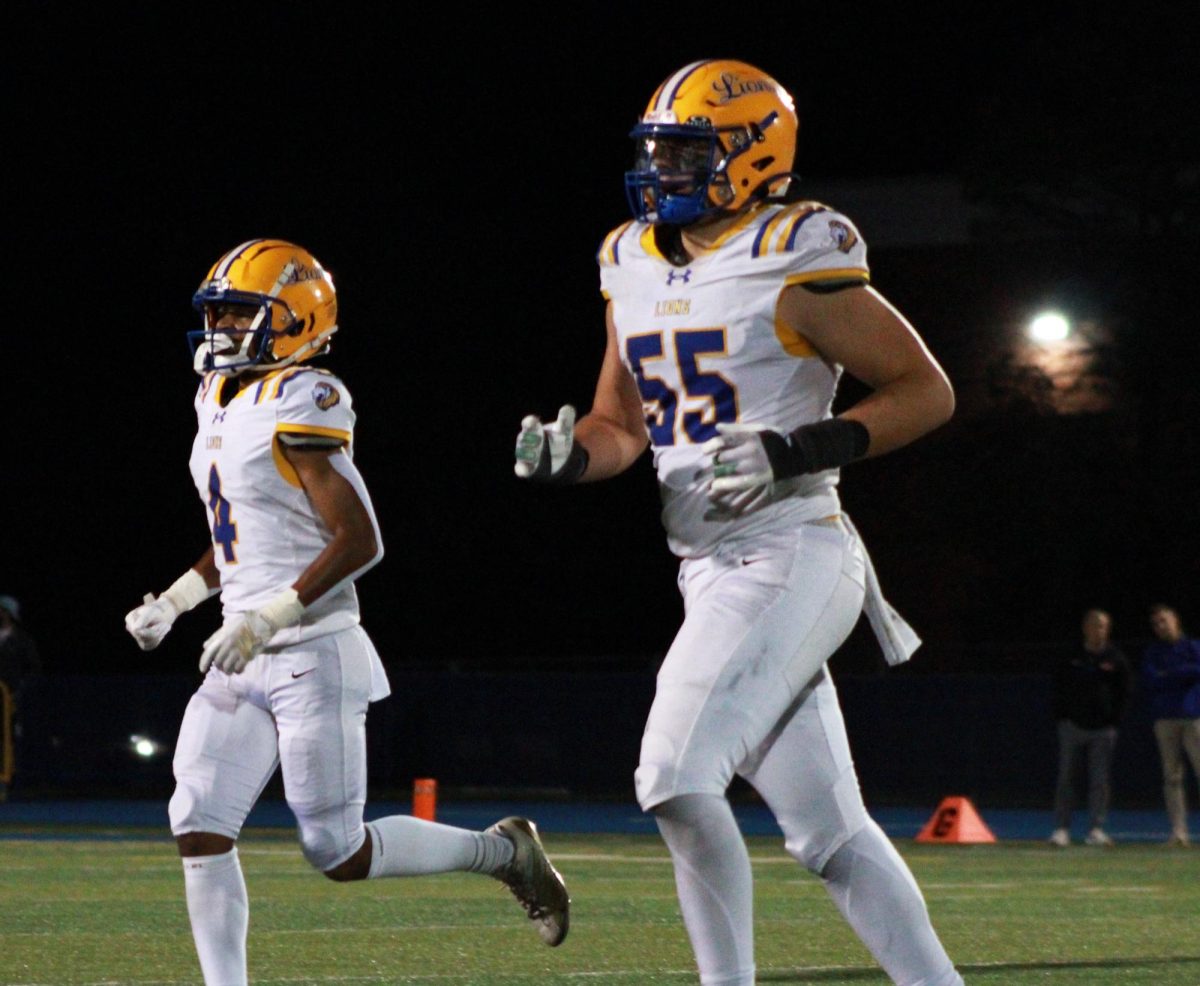
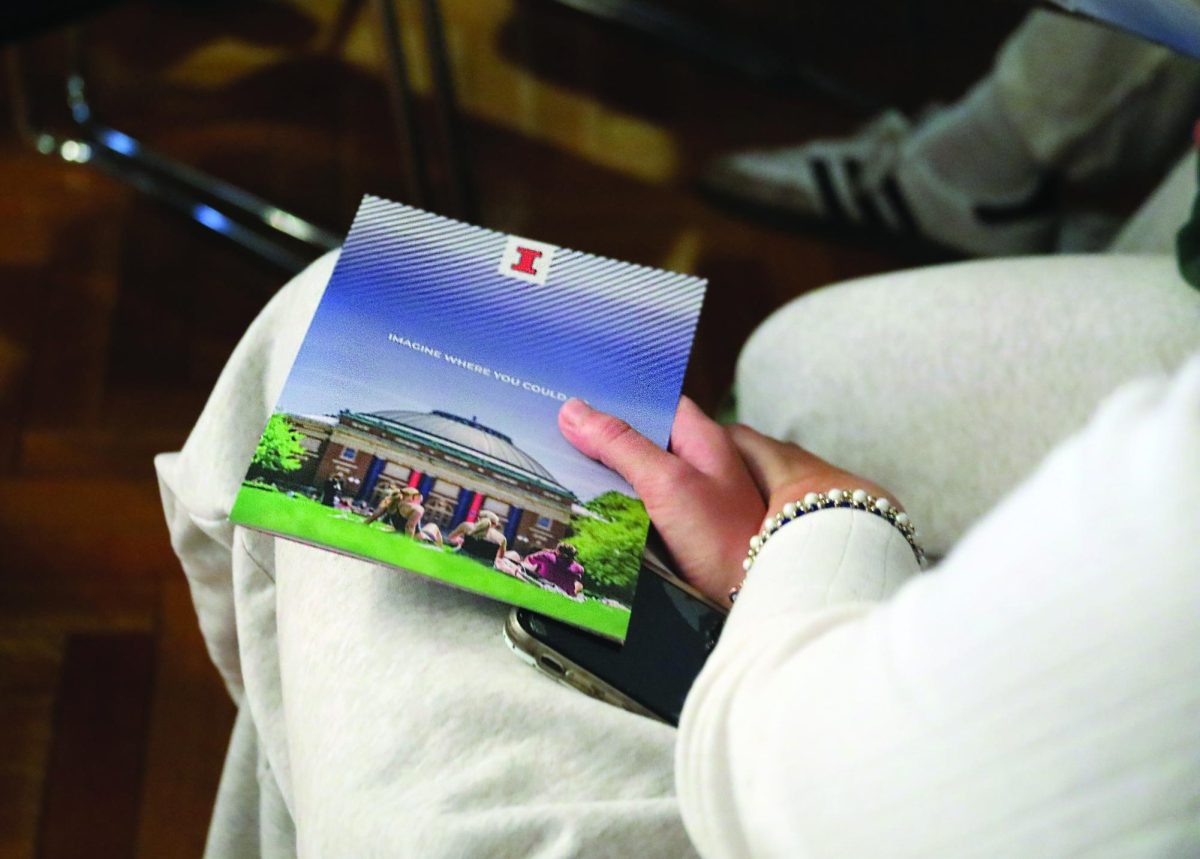
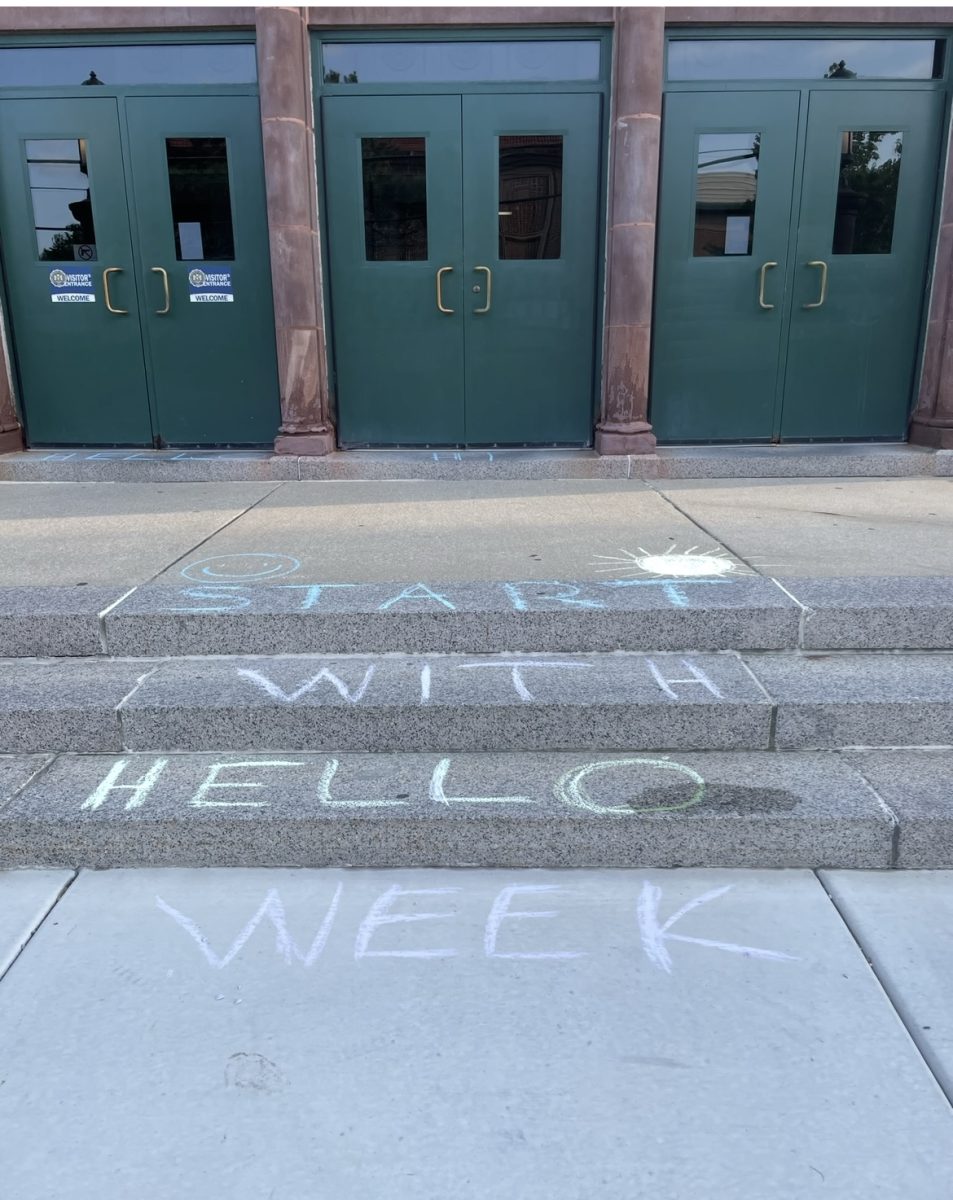

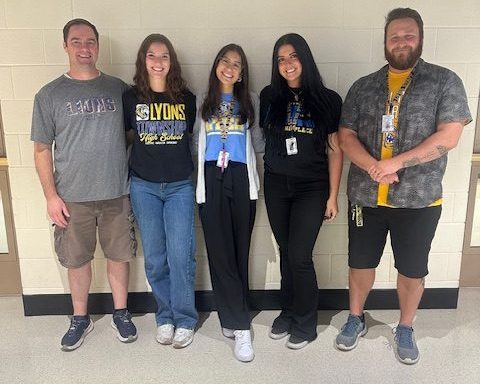
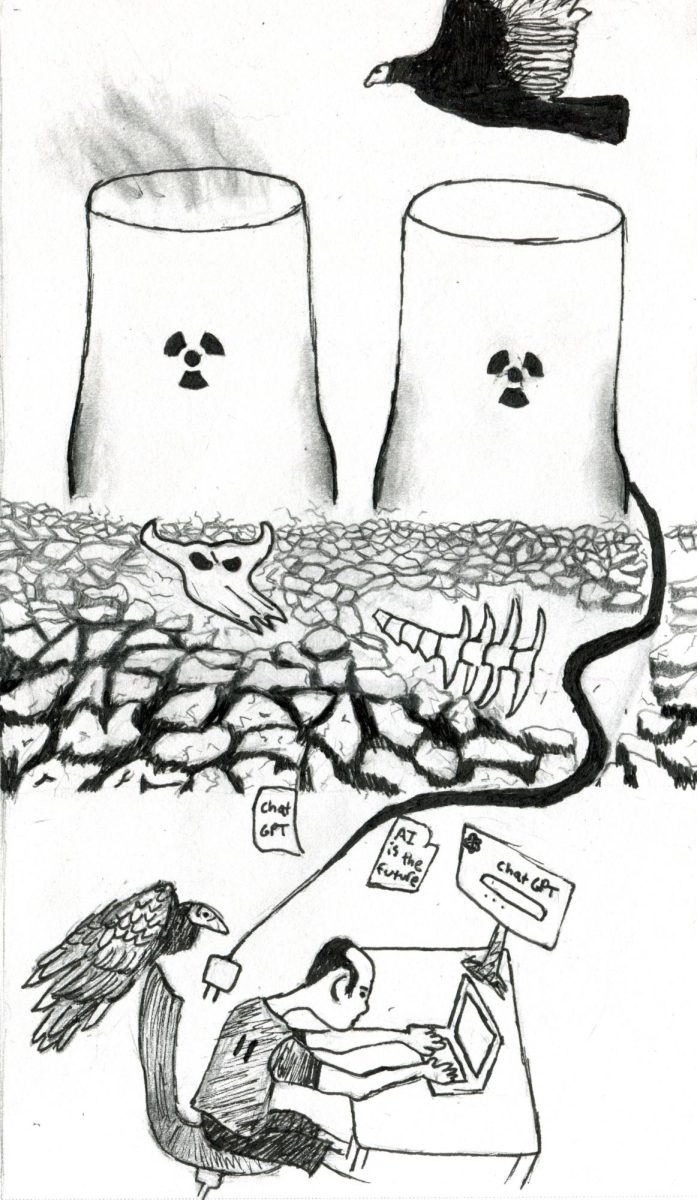
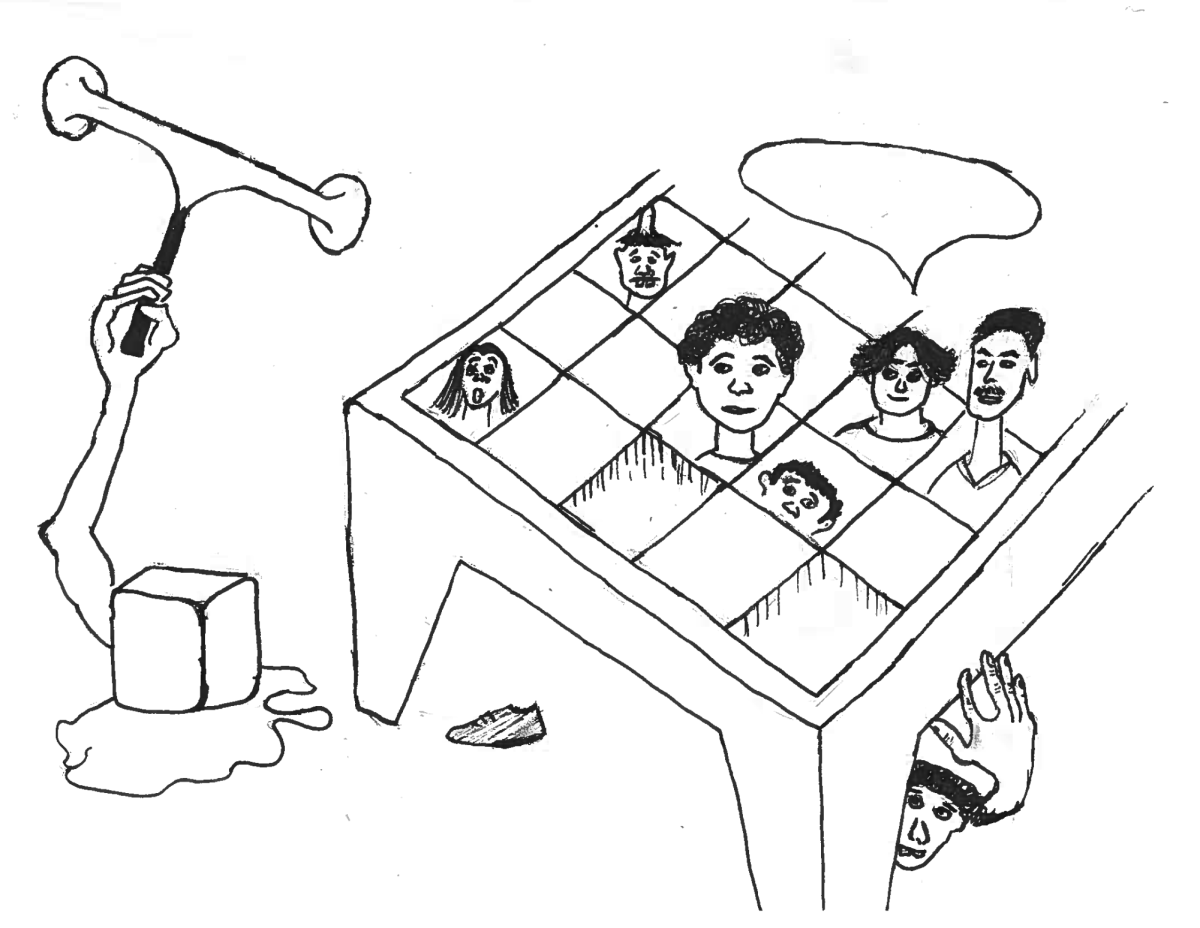
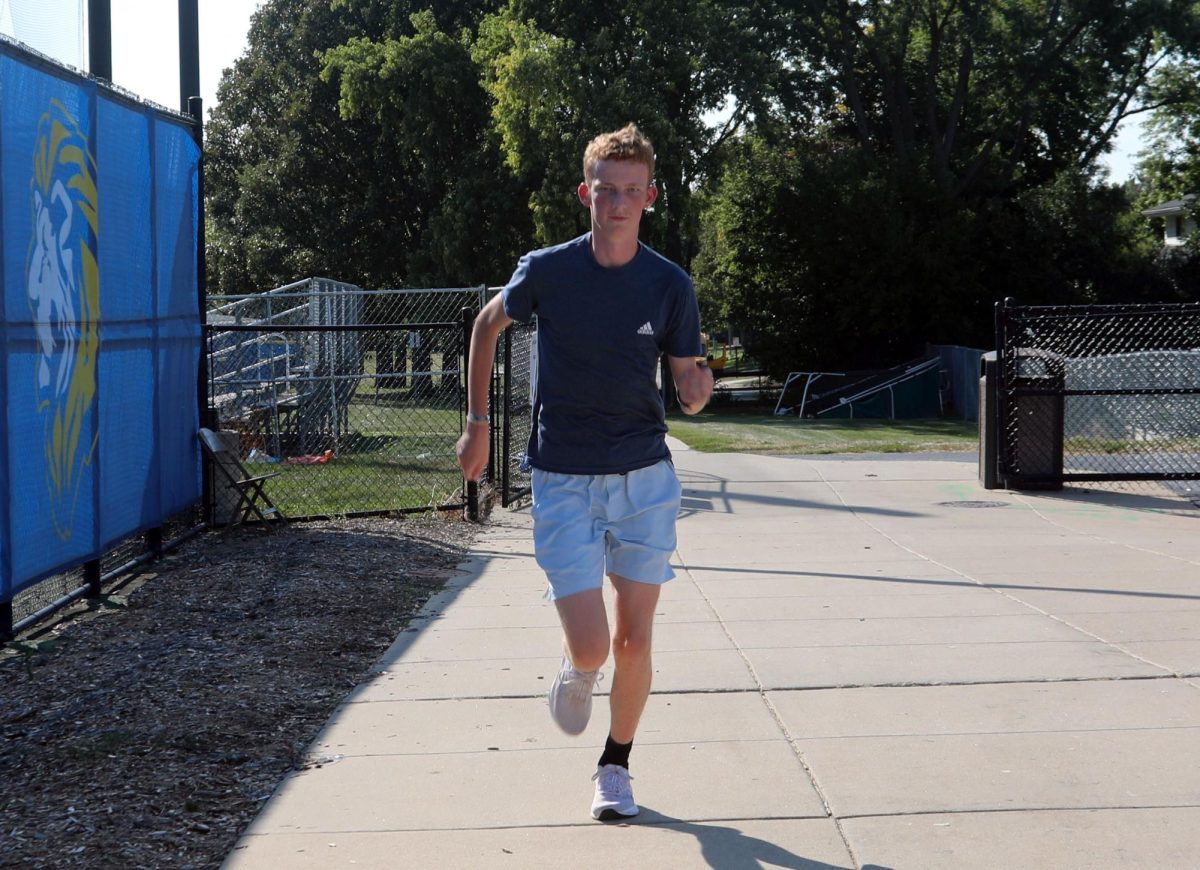



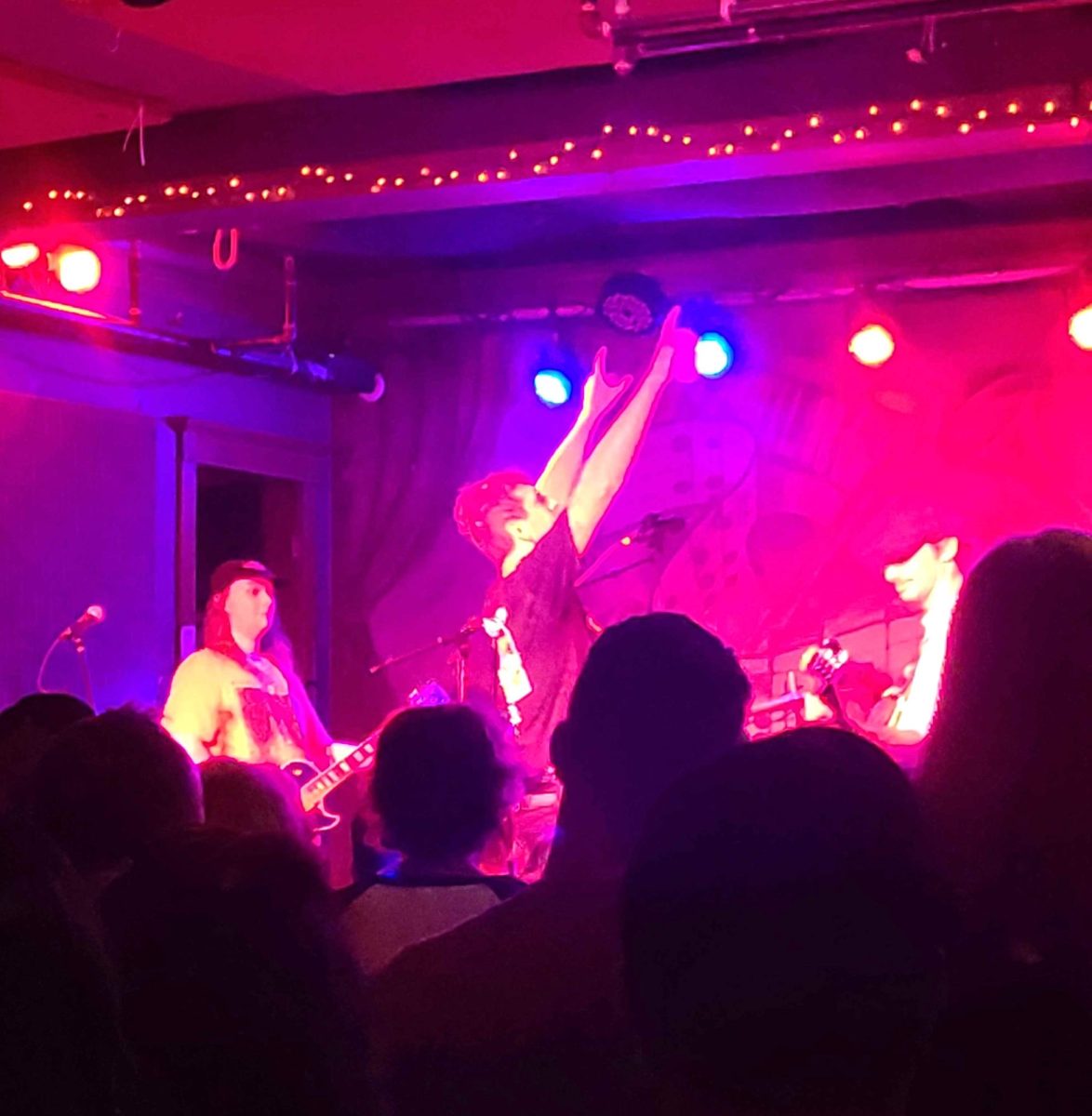

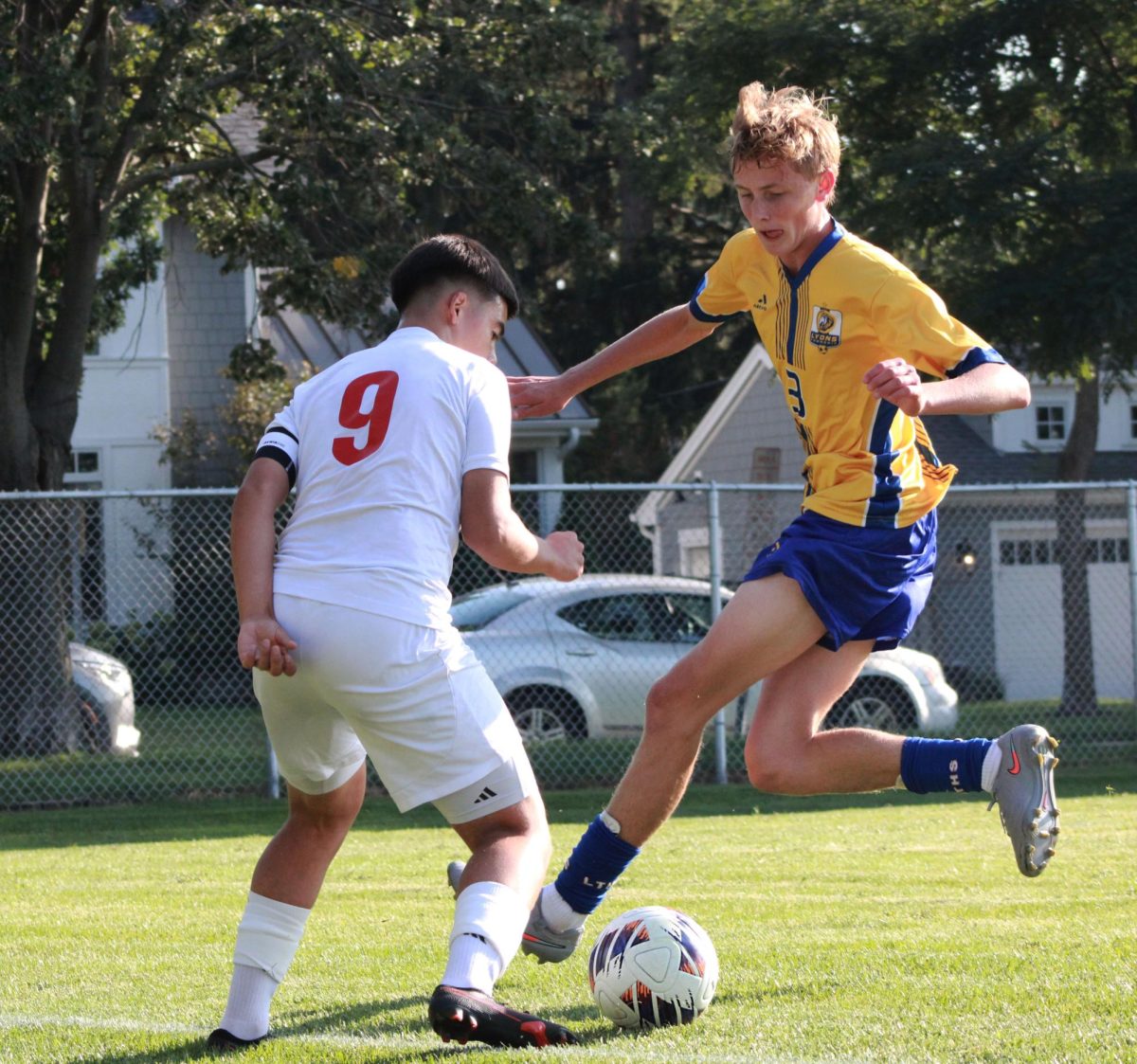
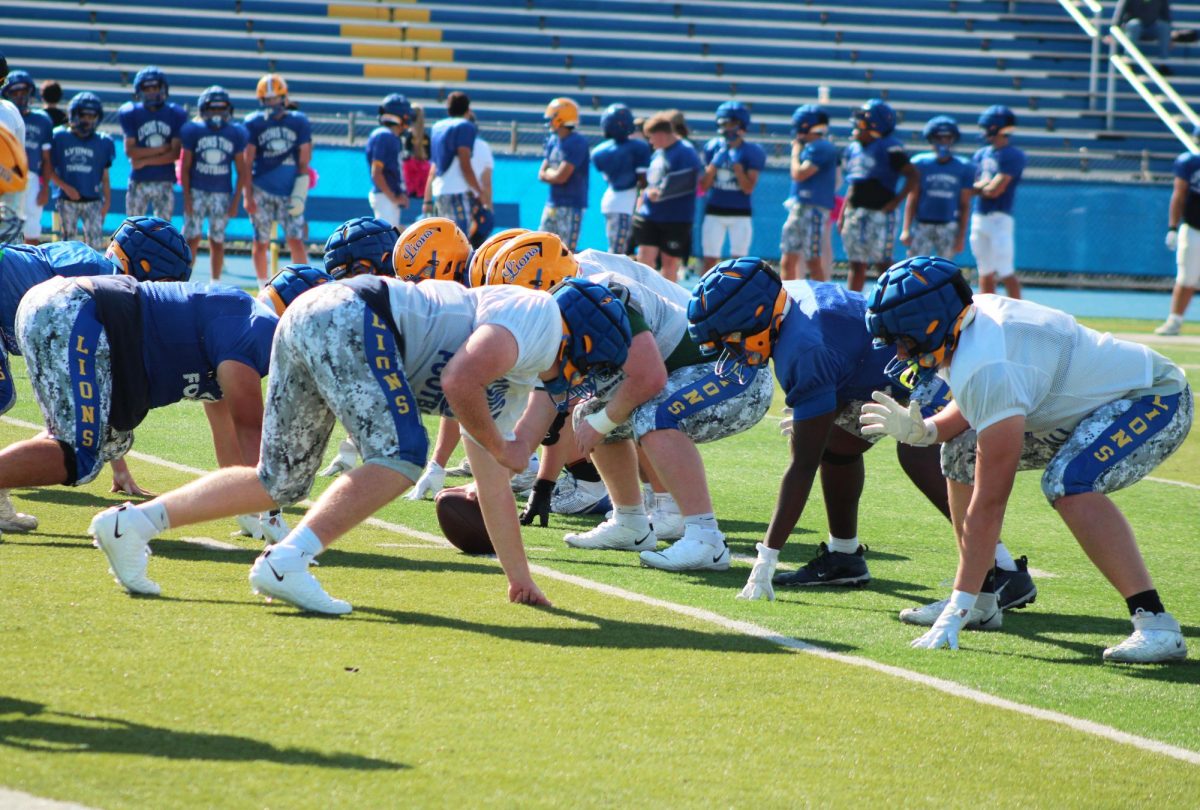





![Movie poster for '[Rec]" (2007).](https://www.lionnewspaper.com/wp-content/uploads/2023/04/rec-640x900.jpg)


